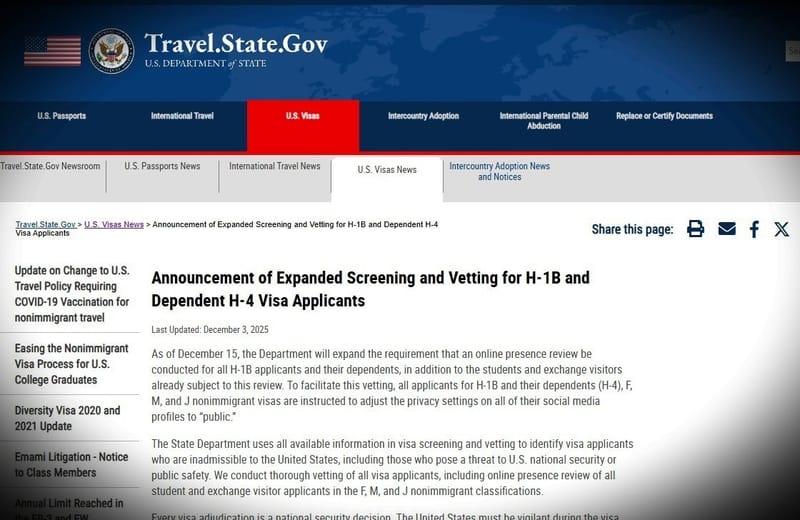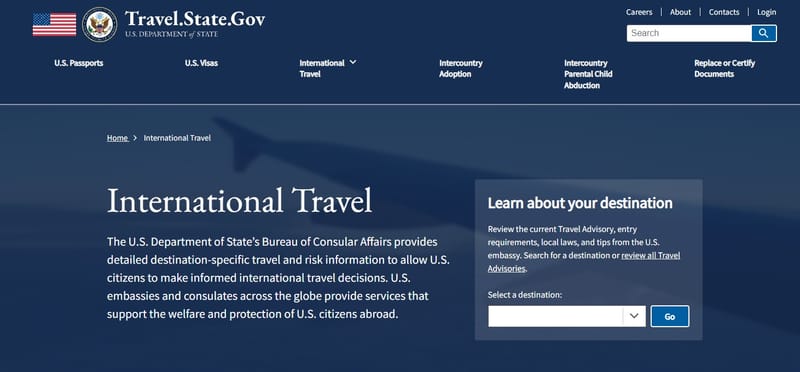USCIS Warns Employees of Layoffs, Threatening Increased Immigration Processing Delays
The potential for significant USCIS staff reductions signals a looming crisis for immigration processing, threatening longer wait times for millions of visa applicants and employers.

Subscribe to our newsletter and stay informed about latest H1B news, policy updates and and other developments.
Article Summary
USCIS employees have allegedly received an internal email encouraging them to retire early or face termination due to an upcoming 'reduction in force.' Former USCIS advisor Doug Rand indicates this potential staffing cut could significantly exacerbate existing immigration backlogs and processing delays. Rand warns that such delays would impact millions of applicants, including those awaiting family reunification, essential workers, and national security vetting, echoing similar issues from 2020.
Original Article: livemint.com
[ Sentiment: negative | Tone: factual ]
This summary and analysis were generated by TheNewsPublisher's editorial AI. This content is for informational purposes only; it does not constitute legal or immigration advice.
[ Sentiment: negative | Tone: factual ]
This summary and analysis were generated by TheNewsPublisher's editorial AI. This content is for informational purposes only; it does not constitute legal or immigration advice.
TNP AI: Key Insights
This news is critical for H-1B visa holders, employers, and Green Card applicants, as it directly portends longer processing times for all immigration benefits handled by USCIS. Such delays could profoundly impact career mobility for skilled professionals, disrupt business operations relying on foreign talent, and create immense personal anxiety for individuals and families.
Drawing parallels to the 2020 staffing cuts, which saw backlogs more than double, this current move suggests a repeat of severe processing bottlenecks is imminent, undermining the agency's stated goal of timely and fair immigration adjudication. Beyond personal and business impacts, persistent backlogs also raise national security concerns by hindering thorough and timely vetting processes.




